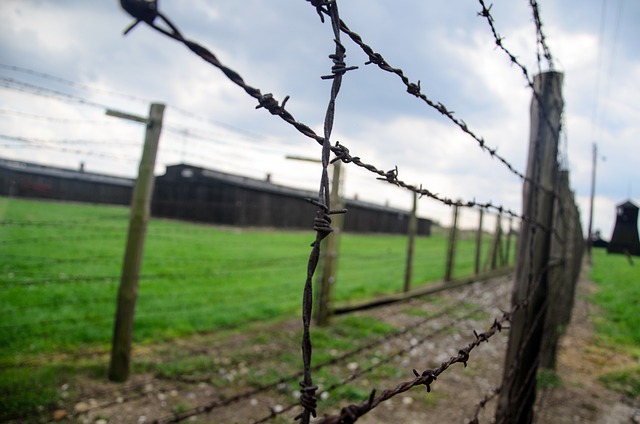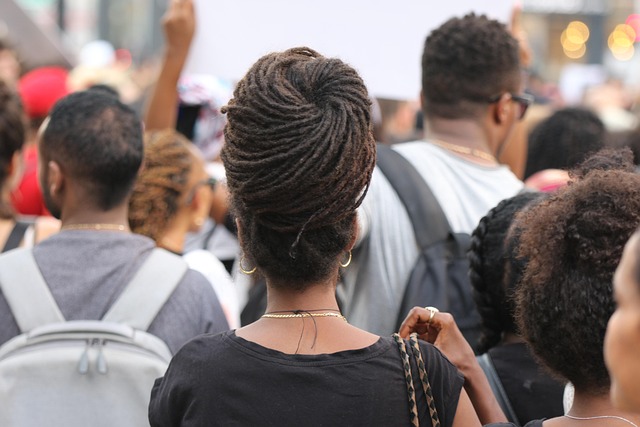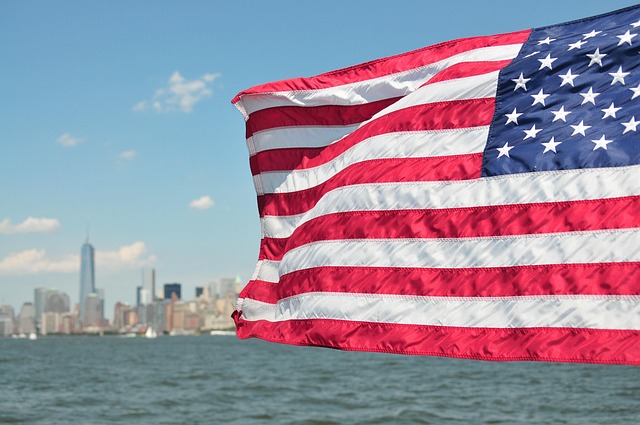A solemn ceremony commemorating the 80th anniversary of the liberation of the Buchenwald concentration camp took place on Sunday, April 6, at the site of the former Nazi camp near Weimar, Germany. The event brought together survivors, dignitaries, and political leaders—but notably excluded official representatives from Russia and Belarus, sparking diplomatic backlash.
Ten former inmates from Germany, Belarus, France, Israel, Romania, and Switzerland were present at the commemoration, including 98-year-old Andrei Moiseenko from Minsk, who was imprisoned in Buchenwald between 1944 and 1945. Moiseenko is expected to give a public lecture at the museum on April 9.
Survivors and guests laid wreaths in memory of the estimated 56,000 people who perished in Buchenwald during the Holocaust.
Political and Historical Reflections
Thuringia state premier Mario Voigt addressed the crowd, warning of the dangers posed by rising nationalism, anti-Semitism, and authoritarian ideologies in today’s political climate.
Former German President Christian Wulff also spoke, drawing parallels between the Nazi era and the current resurgence of far-right movements. He criticized the far-right Alternative for Germany (AfD) party, warning that it fosters an environment where minorities feel unsafe. “Those who underestimate the danger of the AfD ignore the fact that its ideology creates fertile ground for fear and exclusion,” Wulff said.
He urged continued vigilance and active defense of democratic and humanist values. “We carry a permanent and eternal responsibility, because evil must never triumph again,” he stated.
Absence of Russian and Belarusian Officials
The lack of invitations extended to Russian and Belarusian diplomats drew sharp criticism from both governments. Belarus’s Foreign Ministry denounced the decision as “cynical” and “painful” for its people. Russian Foreign Ministry spokesperson Maria Zakharova went further, accusing the German government of “revanchism and neo-Nazism,” and claiming in a Telegram post that Russian and Belarusian representatives were being “forcibly excluded” from commemorative events.
Contrary to these claims, Belarusian survivor Andrei Moiseenko did attend and participate in the ceremony.
According to German media, including a report in Berliner Zeitung, the German Foreign Office issued a confidential recommendation advising local officials not to invite Russian and Belarusian diplomats to WWII-related commemorations. The memo allegedly cited concerns about both governments using historical memory for political ends and linking it to their ongoing war against Ukraine.
Controversy Over Israeli Philosopher
The commemoration was also overshadowed by controversy surrounding Israeli philosopher Omri Boehm. Initially invited to speak at the ceremony, Boehm’s presence was publicly condemned by Israel’s Ambassador to Germany, Ron Prosor, who accused the philosopher of undermining Holocaust remembrance. The Jewish Community of Thuringia also opposed Boehm’s participation.
In response to the backlash, organizers rescinded Boehm’s invitation. However, former President Wulff defended Boehm in his remarks, describing him as “a defender of universal human dignity and a seeker of justice, reconciliation, and mutual understanding.”
The History of Buchenwald
Buchenwald was liberated by U.S. forces on April 11, 1945. Approximately 280,000 prisoners passed through the camp between 1937 and 1945, and an estimated 56,000 were killed or died due to inhumane conditions, forced labor, and executions.
One of Buchenwald’s many satellite camps was Dora-Mittelbau, where additional commemorative events are scheduled for Monday, April 7.




